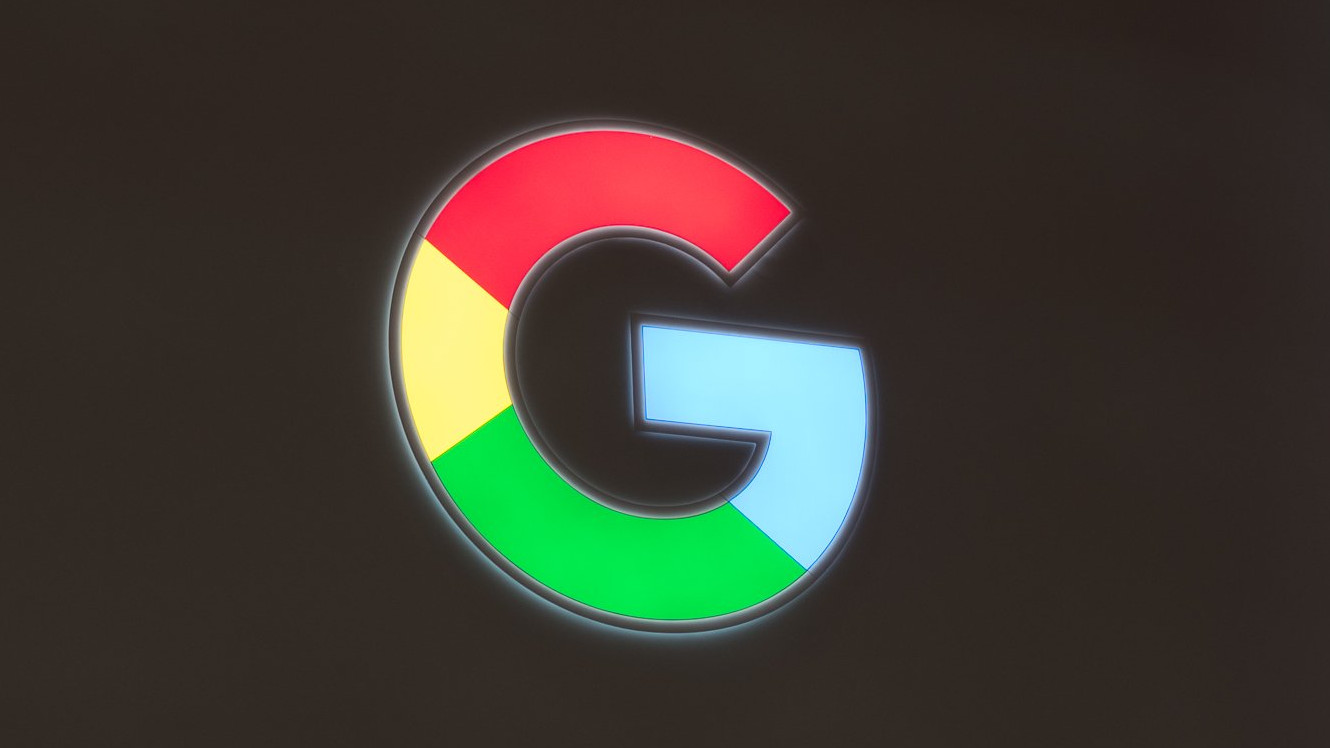What you need to know
- An official Twitter promotion for Google’s Bard AI displayed an erroneous message about the James Webb space telescope that the upcoming digital search assistant generated.
- Astrophysicists noted the inaccuracy with replies, pointing out that a regular Google web search provided the correct answer.
- Shortly after Google unveiled its plans for Bard AI, parent company Alphabet suffered an 8pc drop in its share price.
Google has unveiled its official plans for implementing an AI competitor into its search engine (opens in new tab) and software suite. Talking at a conference in Paris today, they went into some detail about its own-brand rival for ChatGPT named Bard. The announcement comes a day after Microsoft unveiled its roadmap for an upgraded version of the Bing search engine powered by ChatGPT (opens in new tab) following a partnership with OpenAI. Google aims to evolve Internet searches similarly to Microsoft, with a humanlike digital assistant that can answer a complex series of questions by fetching information from around the web.
Unfortunately, not everything went according to plan. An official promotion for Bard on Twitter saw Google demonstrating its use for answering questions about the James Webb space telescope (JWST) that were, in fact, incorrect. Astrophysicists and other experts took to the replies to point out the error, highlighting one of the most controversial issues with artificial intelligence; confidence in its answers, even if they’re wrong.
Not to be a ~well, actually~ jerk, and I’m sure Bard will be impressive, but for the record: JWST did not take “the very first image of a planet outside our solar system”. the first image was instead done by Chauvin et al. (2004) with the VLT/NACO using adaptive optics. https://t.co/bSBb5TOeUW pic.twitter.com/KnrZ1SSz7hFebruary 7, 2023
Shortly after the Tweet caught the attention of curious readers on social media, Google’s parent company, Alphabet (opens in new tab), saw a 7% drop in its share price. A traditional search for the same query displays the correct information on Google, drumming up more suspicion about the accuracy of Bard.
The implications of adopting a search assistant offering erroneous information were already a talking point before Microsoft moved forward with its customized ChatGPT. With Google following up with a shaky launch for its implied competitor, the discourse could see more people switching to Bing.





